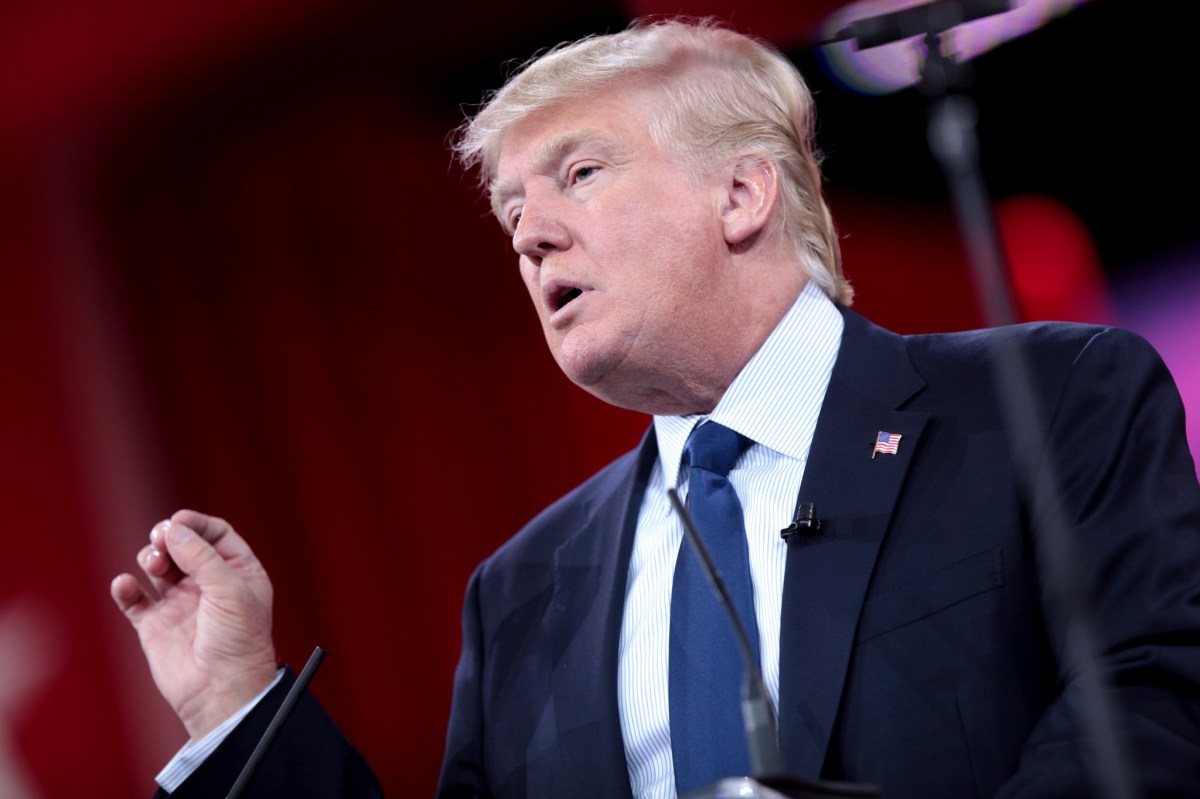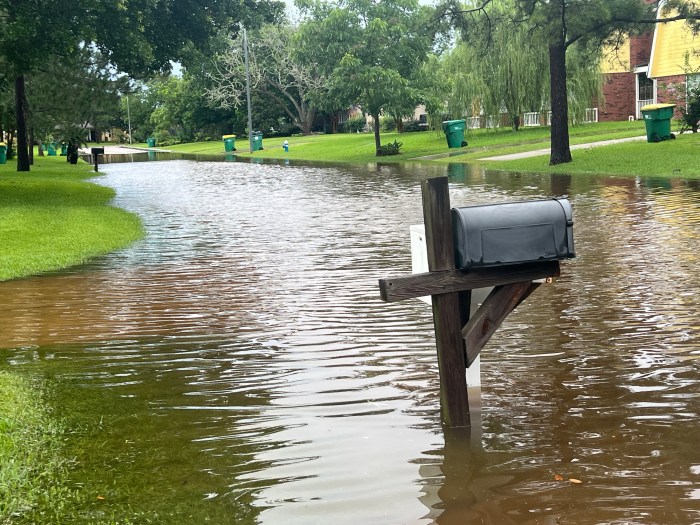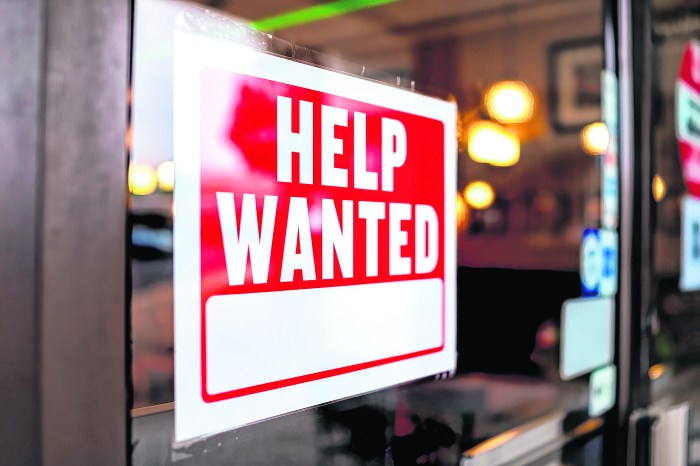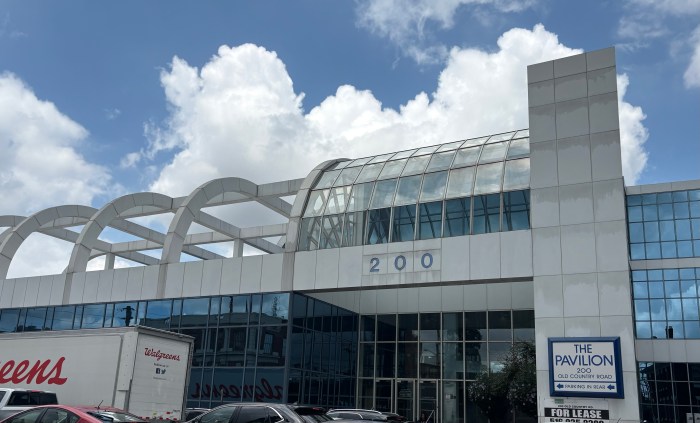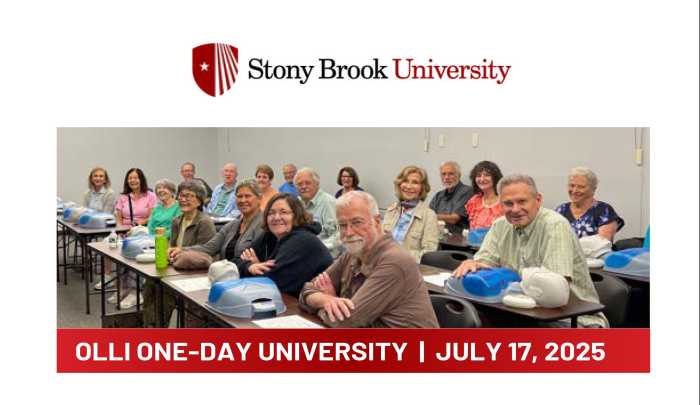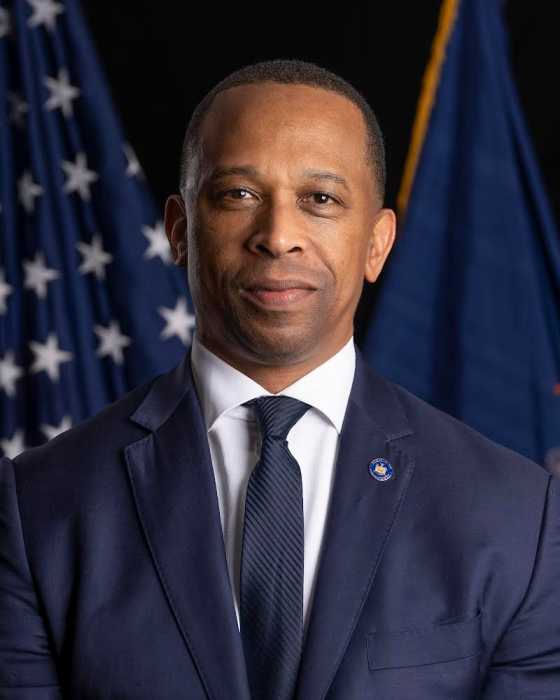Following yet another round of threats against Jewish Community Centers across the country, President Donald Trump Tuesday called anti-Semitic attacks “horrible” and “painful” during a speech at the National Museum of African American History and Culture.
The president’s remarks came about halfway through his speech following a tour of the museum, which opened last year, and in the context of the continued struggles of African Americans. Trump’s visit to the museum coincides with Black History Month.
“This tour was a meaningful reminder of why we have to fight bigotry, intolerance and hatred in all of its very ugly forms,” Trump said. “The anti-Semitic threats targeting our Jewish community and community centers are horrible and are painful, and a very sad reminder of the work that still must be done to root out hate and prejudice and evil.”
Trump’s comments came amid a fourth wave of bomb threats directed at Jewish Community Centers across 27 states and one in Canada, which began in January. Among those affected was the Barry & Florence Friedberg JCC in Oceanside, according to reports. The latest rush of threats came Monday, when 11 JCCs received bomb threats.
Authorities have not found any of the threats to be credible, though that’s done little to alleviate concerns among Jewish leaders. Also troubling was the desecration of more than 100 headstones at a Jewish cemetery near St. Louis over the weekend. In response, a crowdfunding effort spearheaded by Muslim Americans to help restore the damaged tombstones has raised more than $50,000.
“While we are relieved that all such threats have proven to be hoaxes and that not a single person was harmed, we are concerned about the anti-Semitism behind these threats, and the repetition of threats intended to interfere with day-to-day life,” David Posner of JCC Association of North America said in a statement. “Local JCCs serve not just the Jewish community, but the entire community. Participants from all different backgrounds come to their local JCCs for activities, Jewish cultural and religious programming, and opportunities to come together as a community.”
Criticisms that he hasn’t done enough to address threats targeting the Jewish community have plagued Trump since the presidential campaign. Most recently, when a Jewish reporter asked at a press conference how the Trump administration was addressing such incidents, the president became defensive and appeared to misunderstand the question.
“I’m the least anti-Semitic person you have ever seen in your entire life,” Trump said, despite the reporter never hurling such an accusation.
“Let me tell you something—I hate the charge,” Trump said. “I find it repulsive.”
He never said whether his administration had a plan to respond to anti-Semitic attacks.
Prior to that, Trump’s administration was criticized for failing to mention the plight of Jews in a statement recognizing Holocaust Remembrance Day. Going back further, Trump’s presidential campaign was accused of giving a voice to far-right hate groups that openly celebrated his victory. On the day after Trump’s election win, a writer for a popular far-right website characterized the election as a “referendum on the international Jewish agenda” and referred to Trump as “our Glorious Leader,” according to the Southern Poverty Law Center.
The campaign also put reporters—specifically Jewish journalists—on the receiving end of attacks. The Anti-Defamation League tracked 2.6 million tweets containing “frequently found anti-Semitic speech” and anti-Jewish attacks on 800 journalists on Twitter.
Organizations that track hate crimes have reported a string of anti-Semitic attacks in the United States since the election, including the spray-painting of swastikas on buildings.
On Long Island, Nassau Community College student Jasskirat Saini, who allegedly told police he felt slighted by the Jewish community, was arrested for vandalizing college property with swastika drawings. Other incidents, including a “Make America White Again” drawing on a sidewalk in Mineola, remain unsolved and thus the suspects’ motives are unclear.
Jewish leaders welcomed Trump’s condemnation on Tuesday but said more work still needs to be done to address hate speech.
“I am glad that Mr. Trump has denounced anti-Semitism and racism in general, but I believe that his bullying campaign style, his themes of a return to American greatness if not dominance, has given license to those who think their anger and bigotry are precisely what this country needs,” Rabbi Rafi Rank of Midway Jewish Center said in an email. “The president is clearly not an anti-Semite. But he does seem oblivious to a host of racial, religious, and ethnic sensitivities. This may be owing to his inexperience as a public servant. For example, his omission of Jews as victims from his statement on International Holocaust Remembrance Day just points to a cluelessness that is scary for a person who occupies the highest office in the nation. He speaks as if he still works within the private sector, and of course, he does not.”
The Anne Frank Center for Mutual Respect issued a strongly worded statement of its own.
“The President’s sudden acknowledgement is a Band-Aid on the cancer of Antisemitism that has infected his own Administration,” said Steven Goldstein, the center’s executive director. “His statement today is a pathetic asterisk of condescension after weeks in which he and his staff have committed grotesque acts and omissions reflecting Antisemitism, yet day after day have refused to apologize and correct the record. Make no mistake: The Antisemitism coming out of this Administration is the worst we have ever seen from any Administration.”
In response, White House Press Secretary Sean Spicer said the president has made it a goal to unite the country.
“I saw that statement,” he said. “I wish that they had praised the president for his leadership in this area. Hopefully as time continues to go by they recognize his commitment to civil rights, to voting rights, to equality for all Americans.”
The Anne Frank Center took issue with Spicer’s comment and recommended a three-point plan to address intolerance, beginning with Trump firing chief strategist Steve Bannon, former executive chairman of Breitbart News.
In response to the cemetery desecration, leaders from the Selden Mosque issued an open letter condemning the incident, saying they stand in solidarity with the Jewish community.
“The Muslims stand with our Jewish brothers against all forms of oppression, hate, bigotry, and religious atrocities and intolerance,” the letter said.




